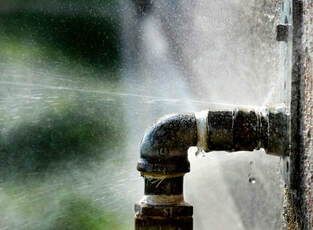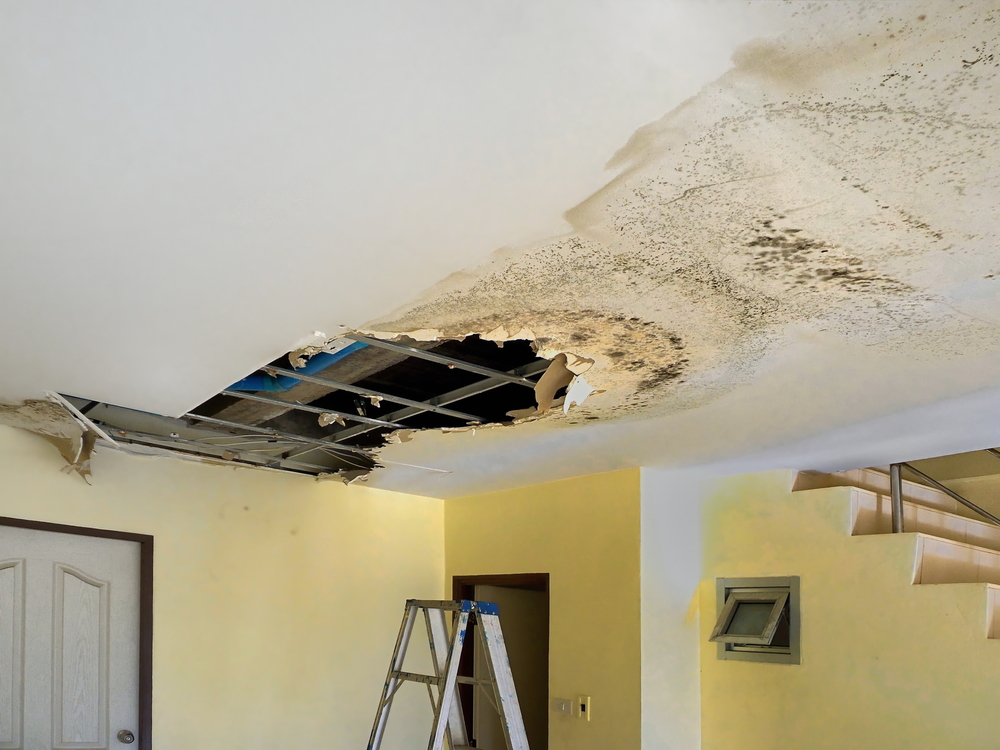Just about everyone has got his or her own conception about Leaking water lines.

Early detection of dripping water lines can reduce a possible catastrophe. Some tiny water leakages may not be noticeable.
1. Examine the Water Meter
Every residence has a water meter. Checking it is a proven way that assists you discover leaks. For beginners, shut off all the water resources. Ensure nobody will certainly flush, utilize the tap, shower, run the washing equipment or dishwashing machine. From there, most likely to the meter and also watch if it will alter. Given that no one is using it, there must be no motions. That suggests a fast-moving leakage if it relocates. Also, if you find no changes, wait a hr or 2 and also inspect back again. This indicates you might have a slow leak that can also be below ground.
2. Check Water Intake
Examine your water bills and also track your water usage. As the one paying it, you ought to see if there are any type of inconsistencies. If you spot sudden changes, in spite of your consumption coinciding, it means that you have leakages in your plumbing system. Remember, your water expense ought to drop under the same variety monthly. An abrupt spike in your bill suggests a fast-moving leakage.
A constant rise every month, even with the same habits, shows you have a slow-moving leakage that's additionally gradually intensifying. Call a plumber to completely check your residential property, particularly if you feel a warm location on your floor with piping underneath.
3. Do a Food Coloring Examination
30% comes from commodes when it comes to water usage. Test to see if they are running effectively. Decrease specks of food shade in the tank and also wait 10 minutes. There's a leak between the tank and bowl if the shade in some way infiltrates your dish during that time without flushing.
4. Asses Exterior Lines
Don't fail to remember to inspect your outside water lines as well. Needs to water permeate out of the link, you have a loose rubber gasket. One small leak can waste tons of water and increase your water expense.
5. Check and Analyze the Scenario
Homeowners must make it a practice to check under the sink counters as well as even inside cupboards for any bad odor or mold development. These 2 warnings indicate a leak so punctual focus is required. Doing regular inspections, even bi-annually, can save you from a major issue.
Examine for discolorations and deteriorating as many appliances as well as pipelines have a life expectancy. If you presume leaking water lines in your plumbing system, do not wait for it to escalate.
Early detection of dripping water lines can mitigate a potential catastrophe. Some little water leakages may not be visible. Inspecting it is a guaranteed means that aids you find leaks. One small leakage can lose bunches of water and spike your water bill.
If you suspect leaking water lines in your plumbing system, don't wait for it to rise.
WARNING SIGNS OF WATER LEAKAGE BEHIND THE WALL
PERSISTENT MUSTY ODORS
As water slowly drips from a leaky pipe inside the wall, flooring and sheetrock stay damp and develop an odor similar to wet cardboard. It generates a musty smell that can help you find hidden leaks.
MOLD IN UNUSUAL AREAS
Mold usually grows in wet areas like kitchens, baths and laundry rooms. If you spot the stuff on walls or baseboards in other rooms of the house, it’s a good indicator of undetected water leaks.
STAINS THAT GROW
When mold thrives around a leaky pipe, it sometimes takes hold on the inside surface of the affected wall. A growing stain on otherwise clean sheetrock is often your sign of a hidden plumbing problem.
PEELING OR BUBBLING WALLPAPER / PAINT
This clue is easy to miss in rooms that don’t get much use. When you see wallpaper separating along seams or paint bubbling or flaking off the wall, blame sheetrock that stays wet because of an undetected leak.
BUCKLED CEILINGS AND STAINED FLOORS
If ceilings or floors in bathrooms, kitchens or laundry areas develop structural problems, don’t rule out constant damp inside the walls. Wet sheetrock can affect adjacent framing, flooring and ceilings.
https://www.servicemasterbyzaba.com/blog/how-to-detect-water-leakage-in-walls/

I discovered that blog posting about Detecting hidden plumbing leaks while doing a search on the search engines. Do you know about someone else who is truly interested in Locating water leaks? Do not hesitate to share it. Thanks for taking the time to read it.